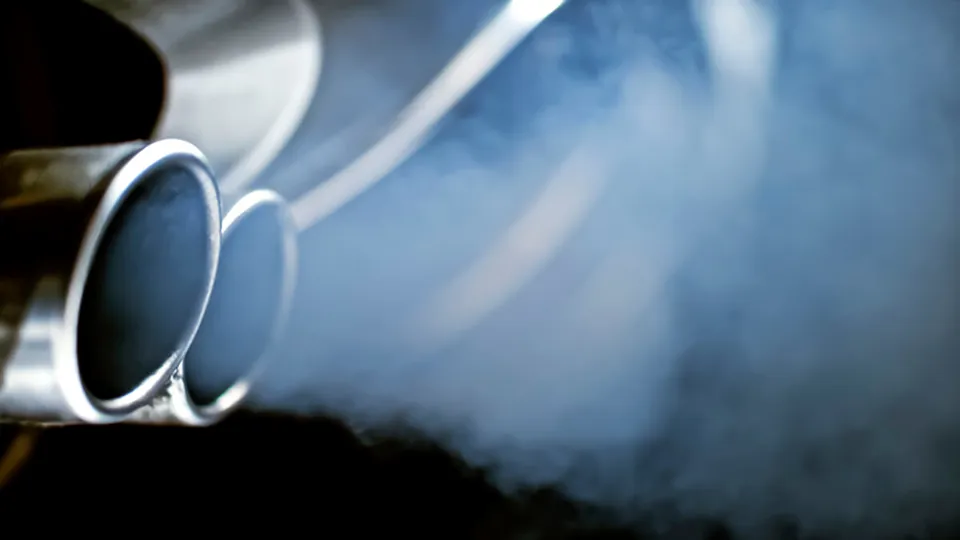Vehicle-related tax changes, low emission zones, congestion charging and a diesel vehicle scrappage scheme could be on the agenda after the Government was ordered to improve air quality.
The Supreme Court labelled Government plans to cut illegal levels of air pollution ineffective and ordered the Department for Environment, Food and Rural Affairs (DEFRA) to submit new air quality plans to the European Commission by December 31, 2015.
Any failure to comply and the newly-elected Conservative Government runs the risk of being hit with fines potentially running into millions of pounds by legislators in Brussels.
The historic ruling is the culmination of a five-year legal battle fought by Client Earth, a group of activist lawyers which also runs the Healthy Air Campaign.
Client Earth lawyer Alan Andrews said: “The Government is now legally bound to take urgent action on this public health crisis.”
Its legal case referred to 16 zones where nitrogen dioxide (NO2) limits were being breached, including Greater Manchester, West Yorkshire, Teesside, Merseyside and Greater London.
The dieselisation of the UK car parc – to which massive growth in corporate use of diesel engined company cars and vans has contributed – is being blamed for air quality being below European standards.
Client Earth is calling for action to tackle the worst polluting diesel vehicles through a national network of low emission zones and has also suggested congestion charging.
The court heard that one of the reasons for worsening air quality was the failure of the European vehicle emission standards for diesel vehicles to deliver the expected emission reductions of nitrogen oxide (NOx).
Lawyers for Client Earth argued that the main reason for this is that the real world emission performance of a vehicle has turned out to be quite different to how the vehicle performs on the regulatory test cycle.
A spokesman said: “Vehicles are emitting more NOx than predicted during test cycles. This disparity has meant the expected reductions from the introduction of stricter euro emission standards have not materialised.”
However, the Society of Motor Manufacturers and Traders (SMMT) is fighting back against the ‘demonisation’ of diesel.
Mike Hawes, chief executive of the SMMT, said: “Policies to improve air quality should focus on encouraging uptake of low emission vehicles and addressing other sources such as electricity generation and heating. Today’s diesel engines are the cleanest ever: high tech filters capture 99% of particulates and NOx emissions are down 84% since 2000.”
Nevertheless, the court ruling has led one transport specialist to warn that diesel vehicles could be phased out with greater encouragement for fleets to switch to electric and hybrid vehicles.
“There are no easy fixes to this problem,” said Richard Gane, director and transport sector specialist at Vendigital. “If the Government decides to fast-forward its plans to reduce NOx emissions, this would add weight to the growing environmental lobby against diesel-engine vehicles and potentially could lead to them being phased out, perhaps via an incentivised scrappage scheme.
“For businesses that rely on regular road transport deliveries, any movement away from diesel engine vehicles would have significant supply chain implications.
“They will be hoping that any plans to reduce the number of diesel-engine vehicles in the UK will be offset by incentives that will enable them to switch to greener models.”
The British Vehicle Rental and Leasing Association (BVRLA) has produced a five-point strategy that it says will help the next Government tackle the problem (fleetnews.co.uk/five-point), based on the Fleet Industry Manifesto – created with Fleet News and ACFO. It includes a national framework for ultra-low emission zones, adapting the tax regime to cover NO2 emissions and the re-introduction of 100% first-year allowances for companies renting or leasing ultra-low emission cars.
BVRLA chief executive Gerry Keaney said: “We believe the measures we have set out could have a significant and positive impact.” Scientists estimate that every year at least 29,000 people die early in the UK as a result of air pollution. Client Earth says the ruling will save thousands of lives a year.

















Login to comment
Comments
No comments have been made yet.